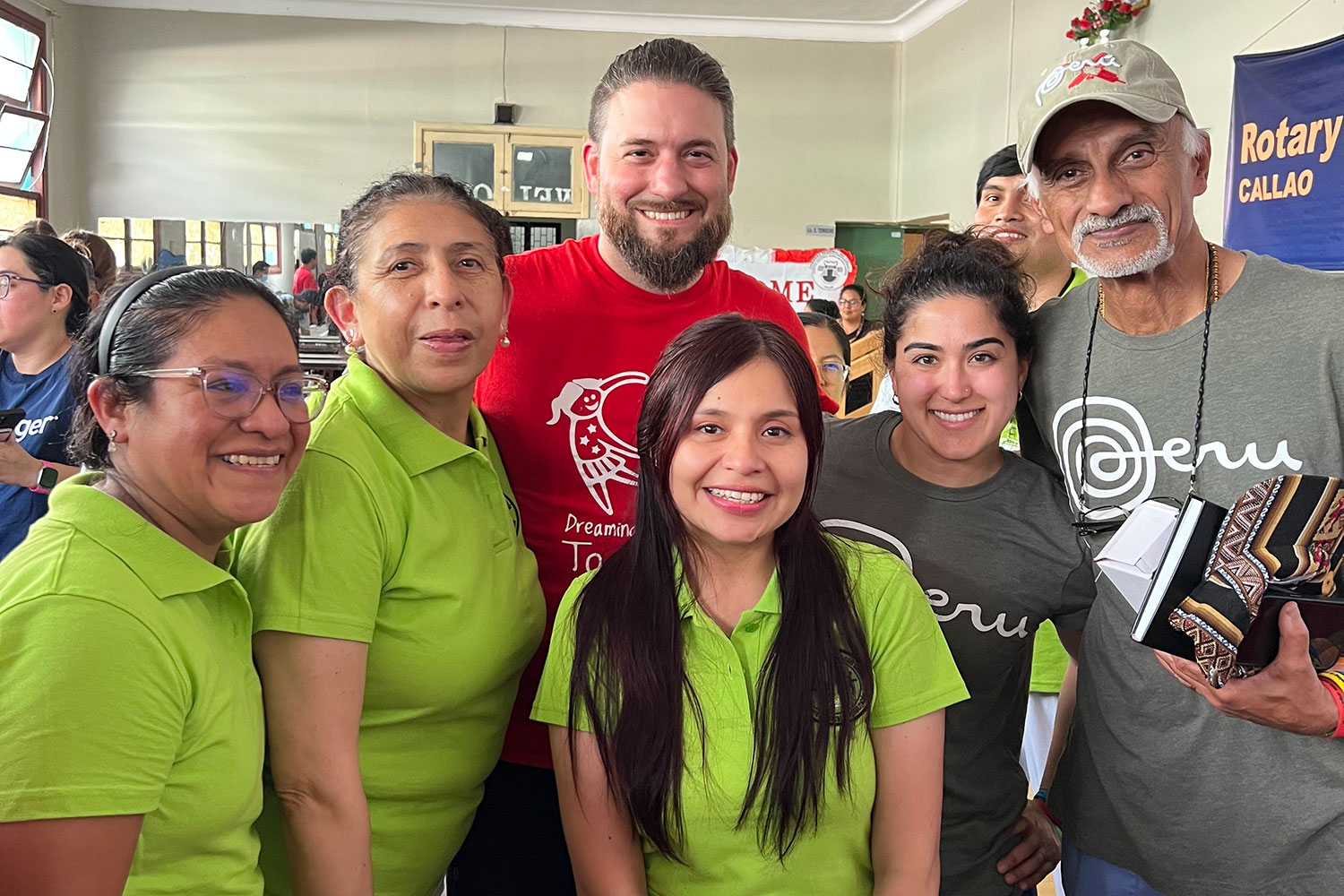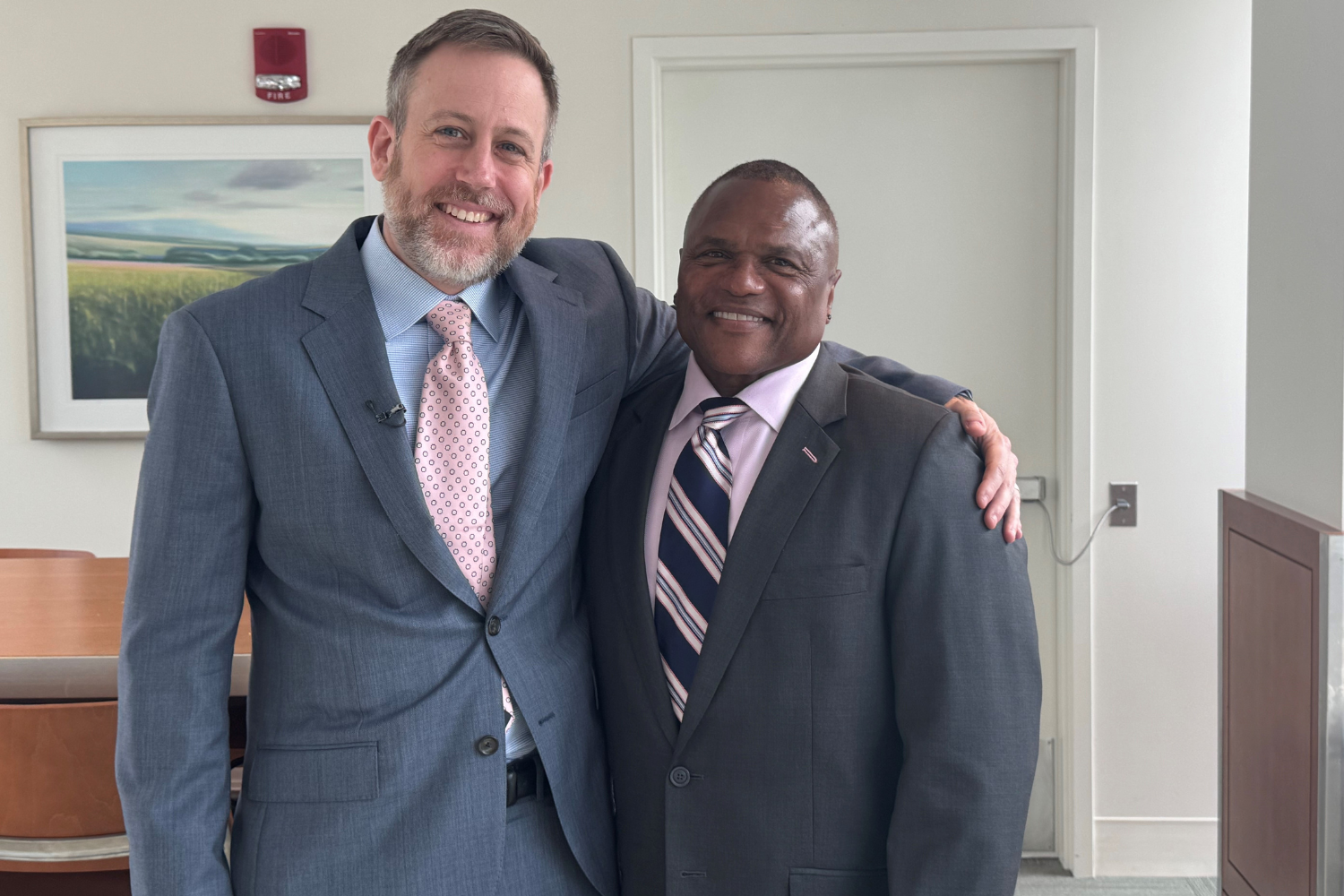UConn Extension started exploring online learning long before the pandemic. The state-wide outreach program began teaching online classes in 2018, with many of their 462 programs offering online options. Despite the Covid landscape allowing for more in-person events, UConn Extension plans to continue offering multi-modal options to best serve as many residents of the state as possible.
UConn Extension’s mission is to connect the residents of the state with UConn’s world-class research and education strengths. The organization is part of a national network of cooperative extension systems, and is aligned with UConn’s College of Agriculture, Health and Natural Resources.
The Extension Master Gardener program was one of the first Extension programs to provide online learning. They recognized their participants needed course flexibility.
“We were really committed to responding to participants’ needs, so we hired a part-time educational technology specialist in 2017, long before Covid or shutdowns were part of our lives,” says Bonnie Burr, assistant director and department head of Extension. “This helped us move programs online and into hybrid formats. Online options allow us to meet our audiences where they are, and provide programs to a greater number of people, pandemic or no pandemic.”
The Master Gardener staff prepared online components for their annual certification program. They launched a hybrid course in 2018. Coordinators enhance the online experience each year using participant feedback.
Participants can engage with online learning content from their home or another location. Software organizes the course materials by week or unit. There are three types of online classes, synchronous, asynchronous and hybrid. Synchronous courses run in real time. They have live, online sessions with everyone working on the same schedule to meet weekly requirements. Learners in asynchronous courses move through the material at their own pace during a set time. Hybrid courses bring the best of synchronous and asynchronous course aspects together. Learners have online content to complete at their own pace. There is also a live, in-person, hands-on, classroom session. Extension has offered all three options, and many of their pre-pandemic courses were hybrid.
“We found that the hybrid model worked best for Master Gardeners. It allowed them to use their in-person class time for hands-on learning,” says Jean Madden-Hennessey, UConn Extension e-learning developer. “This facilitated better understanding of the course materials and led to higher course satisfaction, which means residents are getting what they need to from our program.”
Because of the success of early online offerings, UConn Extension added even more online courses and certificate programs:
- The Master Gardeners program offers a course each year beginning in January. The competitive program trains around 180 interns annually. Participants become certified Master Gardeners after completing all phases of the program.
- A Vegetable Production Certificate Course is for new and beginning farmers with zero to three years’ experience. It provides all the information needed to successfully begin vegetable production.
- People Empowering People Communities (UConn PEP) Facilitator Training is a 15-week course that trains program facilitators. Following the program, participants lead UConn PEP Communities courses in their agency or organization. UConn Extension developed an online version of the course in response to the pandemic. Due to its success, the online version will accompany future in-person courses.
- The DEEP Aquifer Protection Area Training Program is a free online course for Aquifer Protection Agencies in municipalities. It helps these stakeholders meet training requirements for the Connecticut Aquifer Protection Act. The course provides an overview of requirements and guidance on how to comply.
- The Coastal Certificate Program is a joint project of Connecticut Sea Grant, the Master Gardener Program, and the Long Island Sound Study. Topics alternate each year, with a focus on healthy soils and their impact on gardens, watersheds, and the environment in 2021. The program includes at least four classes and a tour. It moved online because of the pandemic.
- An Ornamental and Turf Short Course provides training for those taking the State of Connecticut Supervisory Pesticide Applicator Certification exam. The online version debuted in January 2021. It consists of eight online modules as well as supplemental learning materials.
- Let’s Talk GMOs is an online certificate that educates participants about genetically modified organisms (GMOs). The course explains GMO history, policy, how misinformation spreads, and communication messages. It’s an asynchronous course that is continuously available.
- Improving Pasture Management for Sustainable Livestock Production was a webinar series offered through a Tri-State SARE grant in 2021. The series moved online because of the pandemic. Participants had positive reviews of the program.
At UConn Extension, the shift to more flexible options was a silver lining,” says Burr. “We value the role that in-person and online learning offers participants, to enhance the experience and growth they have with us. Both will be an integral part of the educational outreach we provide now and in the future.”
Learn more about UConn Extension programs.
Follow UConn CAHNR on social media



